OCD is characterized by the experience of obsessions and compulsions that greatly affect the quality of an individual’s life. Obsessions are thoughts, feelings, and urges that result in great discomfort. Compulsions are the strategies that people use to decrease or neutralize discomfort experienced by the obsessions. In order to meet the criteria for a diagnosis of OCD, a person must spend 1 hour a day in either mental or behavioral ritual or the obsession must cause great distress and/or it must cause significant problems in their life. Furthermore, OCD has an impact of the individual’s family and other systems of support.In this video, Mr. Mitchell describes Obsessive Compulsive Disorder and identifies the criteria for its diagnosis. In addition, Mr. Mitchell describes how OCD is manifested in behavior and identifies treatment options for the disorder. Further discussion centers on how family and other support systems are affected by the person with OCD.







